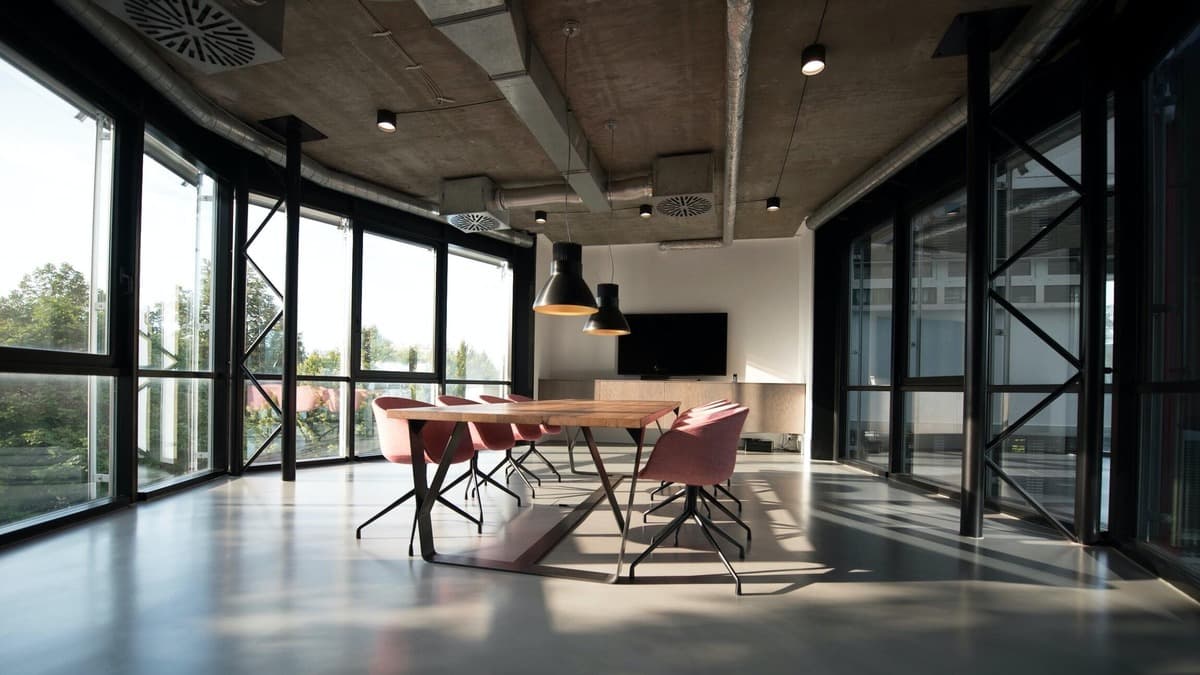New research warns that businesses that overlook the value of a dispersed workforce and flexible work arrangements risk falling behind.
The economic impact of the COVID-19 pandemic has hit Australia hard, with many facing soaring living costs and an inaccessible housing market. As a result, there has been a major shift in people’s interest in relocating.
According to a recent survey by ADP, a leading payroll and HR services company, nearly half (45 per cent) of Australian workers either want to relocate within the country or are already in the process of doing so.
This trend towards relocation is further highlighted by the fact that 40 per cent of survey respondents were planning or in the process of moving overseas.
With remote working becoming more prevalent, many Australians are seizing the opportunity to move to more affordable areas while still maintaining their jobs. This has led to a newfound interest in regional areas, which offer a better quality of life and more affordable living.
The ADP survey, entitled “The People at Work: A Global Workforce View,” sheds light on the shifting priorities of Australian workers in the wake of the pandemic. It reveals that the desire to relocate is driven by a need for greater financial stability and a better work-life balance. The high cost of living in cities and the challenges of remote working have contributed to this trend.
The experience of remote work was a significant factor in determining whether people were interested in relocating, as revealed by recent research. Those who had the opportunity to work from home (58 per cent) were almost three times more likely to want a change of scenery, such as a move to the coast or countryside, than those who did not have the option to work remotely (20 per cent).
The research also showed that the desire to relocate is more pronounced in the 18-24 age group, with over 60 per cent of respondents looking for a change in scenery. In contrast, only 28 per cent of 45-54 year olds expressed the same desire to relocate. Moreover, the research found that men (55 per cent) are more inclined to relocate than women (36 per cent).
However, with office occupancy at its highest level since the pandemic began in Australia, potentially driven by less-accommodating work-from-home policies, ADP suggests employers must be best prepared for a hybrid workplace.
“The last few years have given some employees the confidence that remote work is viable for them. This has opened up a plethora of opportunities to relocate and pursue a better quality of life, affordable housing, and new job opportunities,” said Kylie Baullo, Managing Director ANZ at ADP.
“The pandemic changed workers’ expectations, and we are seeing an increased need for employers to provide a better work-life balance to retain and attract top talent,” adds Mrs Baullo.
“This dispersed workforce creates a win-win for employees and employers,” adds Mrs Baullo. “The high cost of living in major cities has made rural and regional areas more appealing, especially to younger workers.”
“Employers can access a greater talent pool in opening up new geographies to source grass-roots talent from,” says Mrs Baullo.
“With flexible working here to stay, employers should instead look to embrace and plan for a dispersed workforce,” says Mrs Baullo. “Businesses should look to offer remote work options. With the potential for multiple employees moving at any given time, and the variety of payment conditions that can occur in different locations – both domestically and overseas, working with a payroll expert to manage smooth transitions is important. ” concludes Mrs Baullo.
The pandemic has hastened the shift towards remote work, making it crucial for companies to adjust their strategies or risk losing their competitive edge and skilled employees.
For more information on ADP’s payroll and HR software solutions, go to au.adp.com.
Keep up to date with our stories on LinkedIn, Twitter, Facebook and Instagram.

